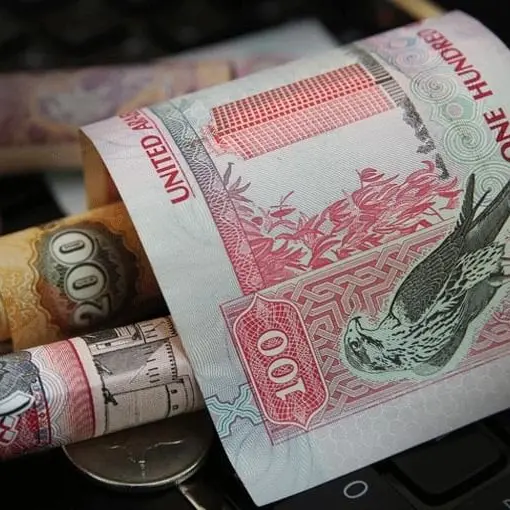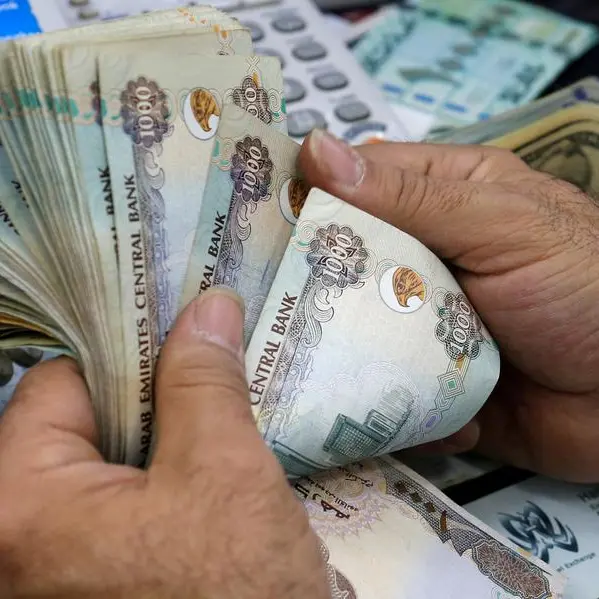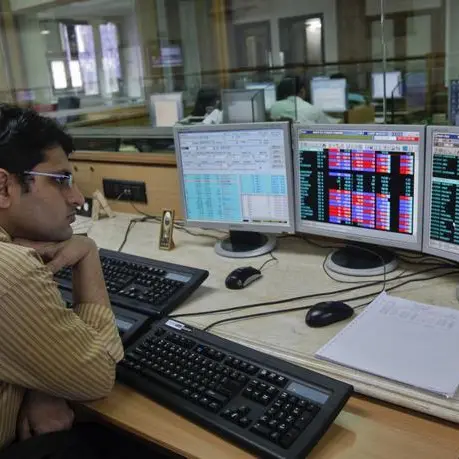PHOTO
Euro zone bond yields dipped on Wednesday after a surge earlier in the week, while the focus remained on debt issuance.
Yields rose after U.S. Federal Reserve Chairman Jerome Powell and other policymakers rattled bond investors by saying the central bank needed to move "expeditiously" to combat high inflation.
That led markets to bet on a higher probability of the Fed lifting rates by 50 rather than 25 basis points at one or more of its remaining meetings this year, sending both U.S. Treasury and euro area bond yields higher.
But on Wednesday, bond markets calmed and by 1048 GMT, Germany's 10-year yield, the benchmark for the bloc, was down 2 basis points on the day at 0.48%.
It had surged 14 bps over Monday and Tuesday to the highest since 2018, while two-year yields hit their highest level since 2015 and are less than 25 bps away from turning positive.
Italy's 10-year yield was down 3 bps to around 2%.
"Purely on the bond side I think we’re seeing an end to the supply-related pressure that took place as investors braced for new deals coming to the market this week," said Antoine Bouvet, senior rates strategist at ING.
It has been a busy week for government debt issuance in the euro area, with a raft of syndicated debt sales, where a borrower hires banks to sell the debt directly onto end investors, hitting markets.
On Wednesday, Italy received 10 billion euros of demand for a new floating-rate bond maturing in 2030 and Austria received over 20.8 billion euros of demand for a new 10-year bond, according to lead managers.
These follow a 12 billion-euro debt sale from the European Union on Tuesday.
Debt sales, particularly sizable ones as placed at syndications, usually put pressure on outstanding bonds as investors make room for the new supply. Bond yields move inversely with prices.
What's more, Germany's bond issuance plan will remain unchanged in the second quarter, the finance agency said on Wednesday, despite higher spending on defence after Russia's invasion of Ukraine and relief for households grappling with exploding energy prices.
Bouvet said comments by the European Union's budget commissioner, who pushed back against the prospect of raising new joint debt to tackle the impact of the Ukraine crisis, according to Bloomberg News, may have also helped bring yields lower.
Euro zone money markets continue to bet on around 50 basis points of rate hikes from the ECB by the end of the year that would bring its policy rate to 0%.
(Reporting by Yoruk Bahceli; Editing by Alexander Smith and Alison Williams)





















